Solar power for a village
The project aimed to bring solar electricity to the village of Nakar. More specifically to ensure the school, health clinic and local market had enough lighting for their night-time activities.
Thanks to the new installations, classrooms, teachers’ living quarters, the clinic and the local market are given enough light for their night-time activities. Several power sockets were also installed for use for teaching materials, medical equipment or to charge mobile phones. The project also strengthened the administration of the village, since the “Collectif Villageois du Développement”, created in 2007 under the supervision of the municipality, supports the on-going maintenance of facilities and collects the funds required for any repairs.
“Les Olonnes-Nakar” is a French association, which has been in contact with the village of Nakar in Burkina Faso for over 40 years, and understands its people’s needs. Founded in 1998, the association Héliopole leads awareness campaigns on energy saving and renewable energy, in France and in developing countries. The two organisations worked together on the project.
Type
Health / Community Development / EducationDuration
January 2011 – December 2011Location
Nakar / Burkina FasoWith whom
Association Les Olonnes Nakar

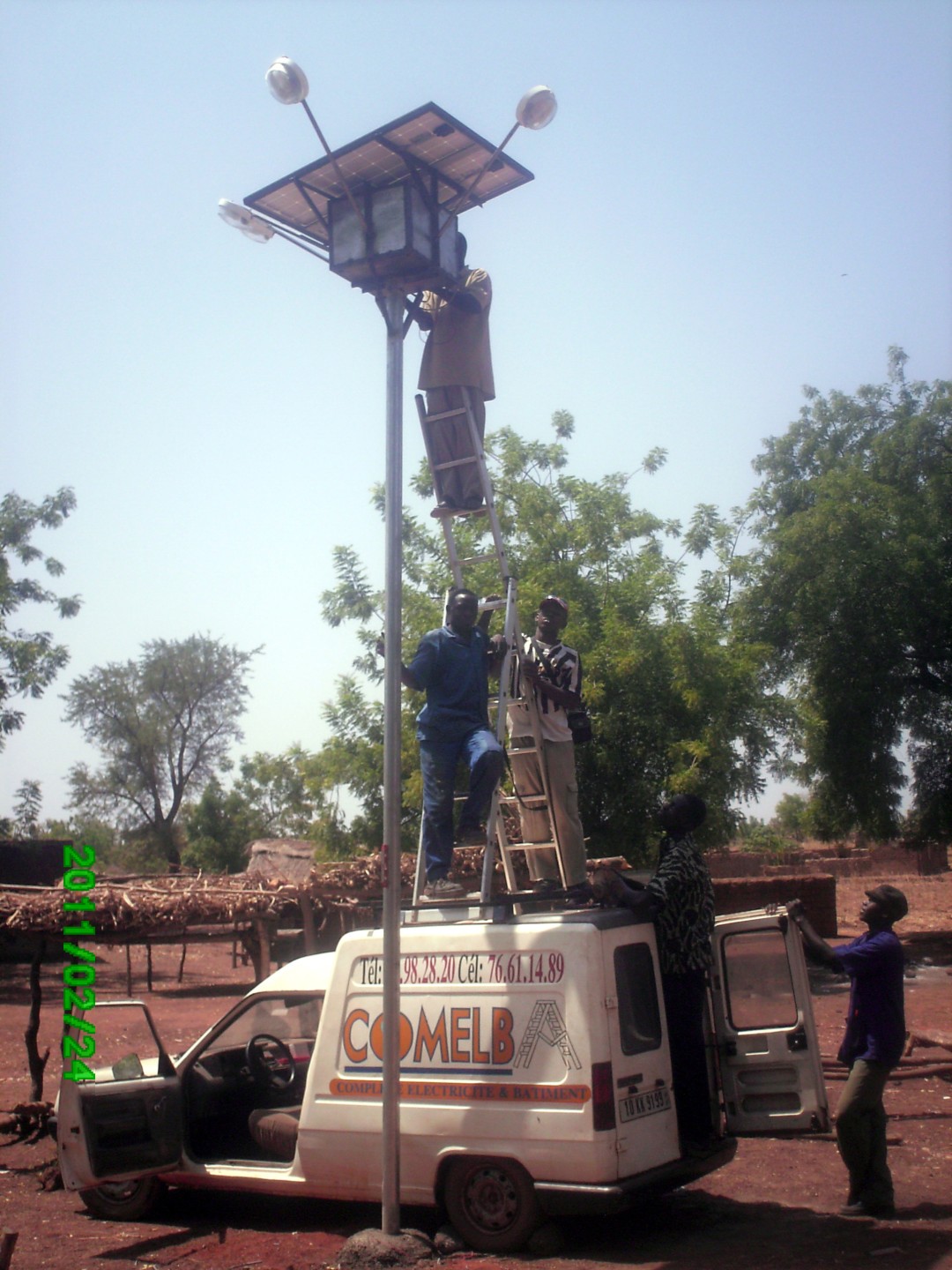
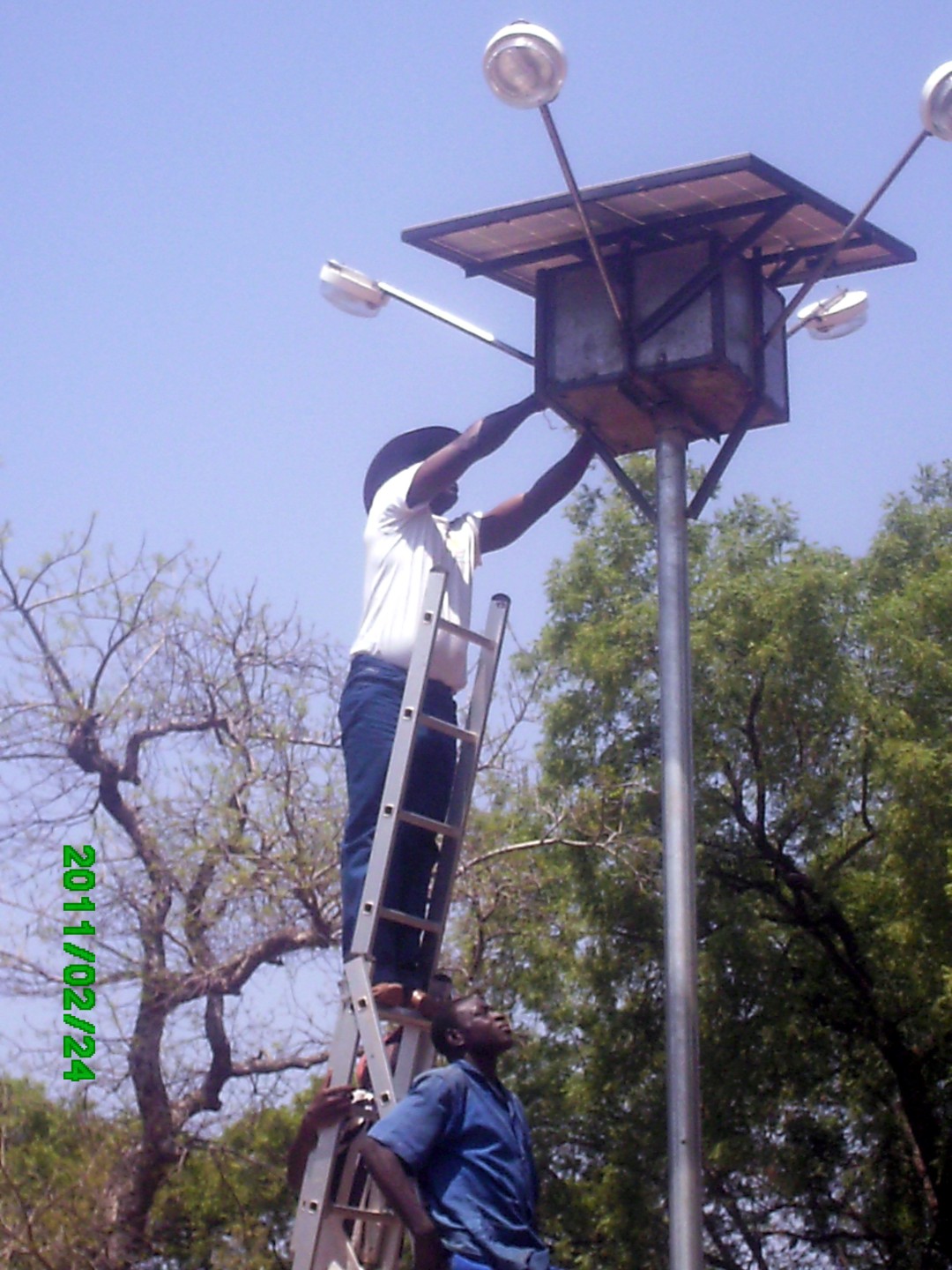
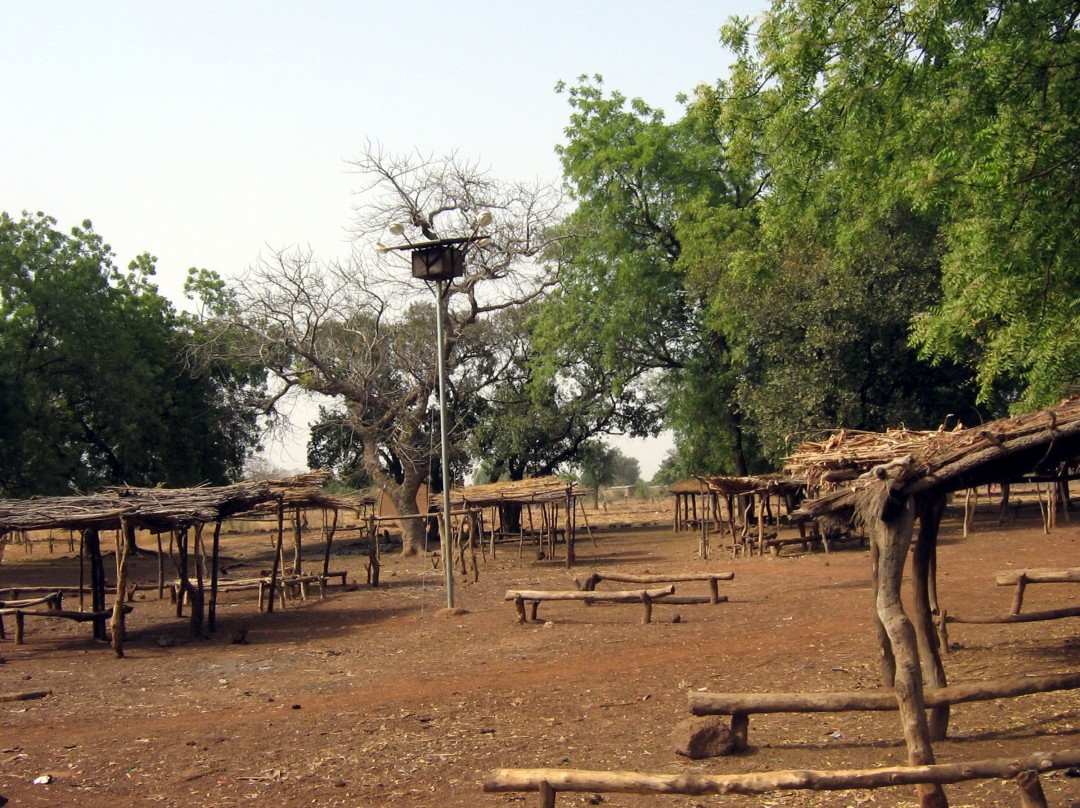

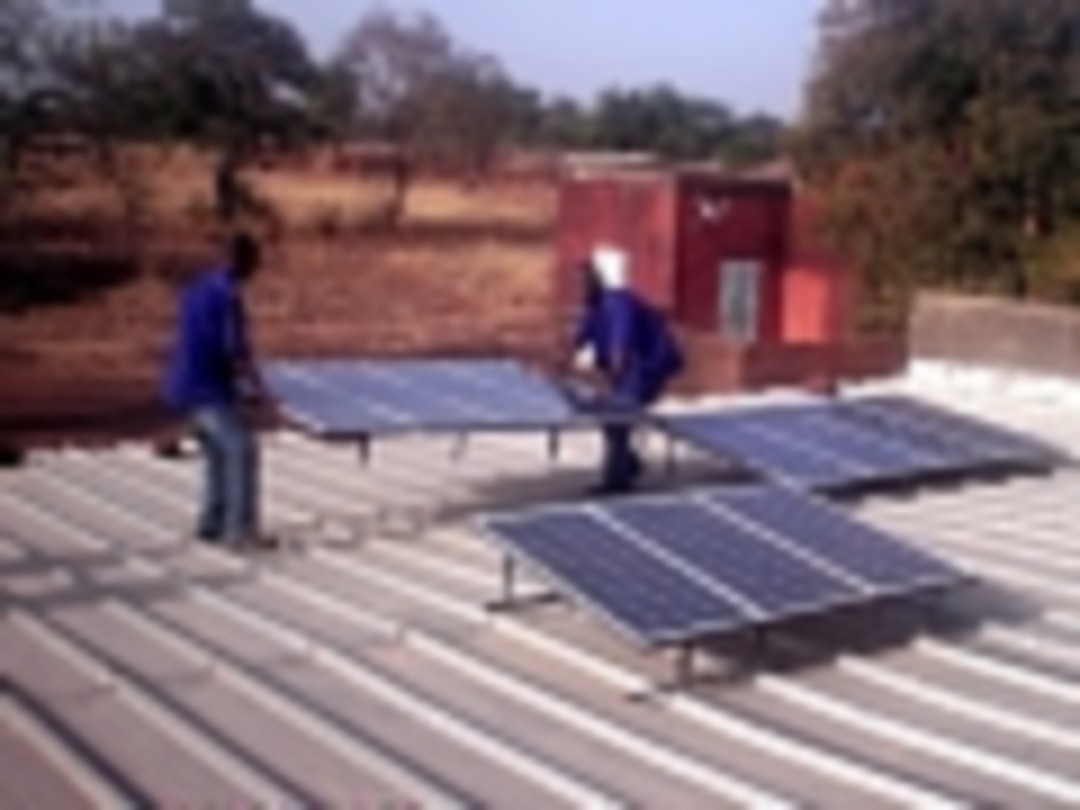
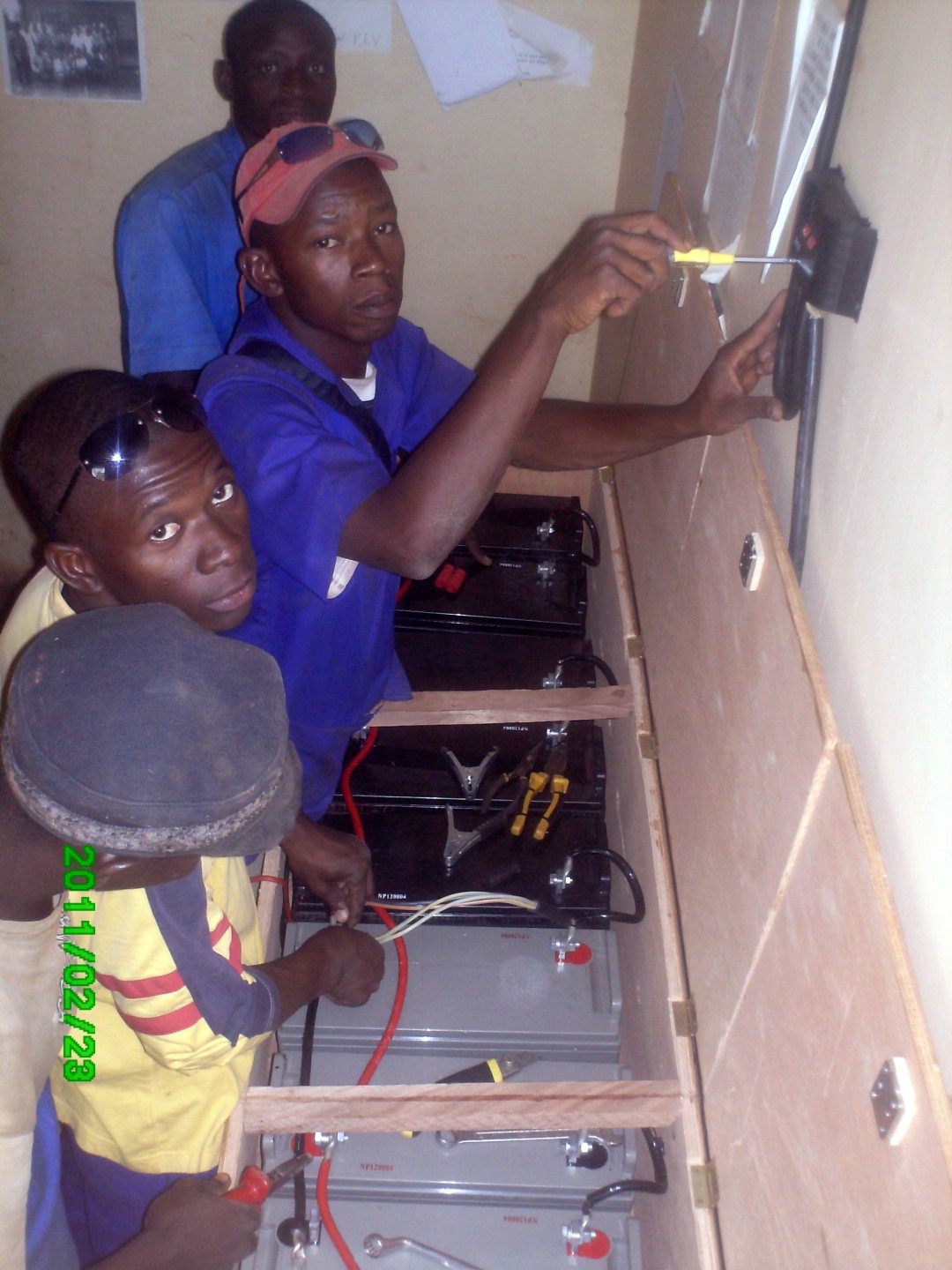

Burkina Faso
Population
19.1 million (2017)
Per Capita Income
USD 590/year (2017)
Poverty rate *
40% (2014)
Literacy rate
35% (2016)
Human Development Index
183rd country out of 189 countries (2018)
Following the popular uprising in October 2014, Burkina Faso democratically elected, in November 2015, its first civilian president since its independence. The country’s new political stability and fiscal and budgetary reforms have led to improvements in public finances; however, it remains one of the world’s poorest countries. Sustained efforts and investments have generated positive human development trends, although access to basic services remains an important concern due to poorly developed community-based services. Despite progress in gross primary school enrolment Burkina Faso has one of the lowest literacy rates in the world. Access to secondary education remains low (13%), as is the quality of the system.
Sources: World Food Program, UNICEF, World Bank, 2016 Human Development Report, Human Development Indices and Indicators (2018 Statistical Update)
*The percentage of the population living below the national poverty line.